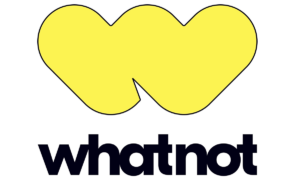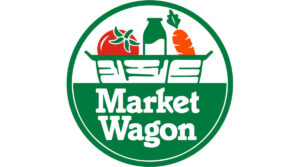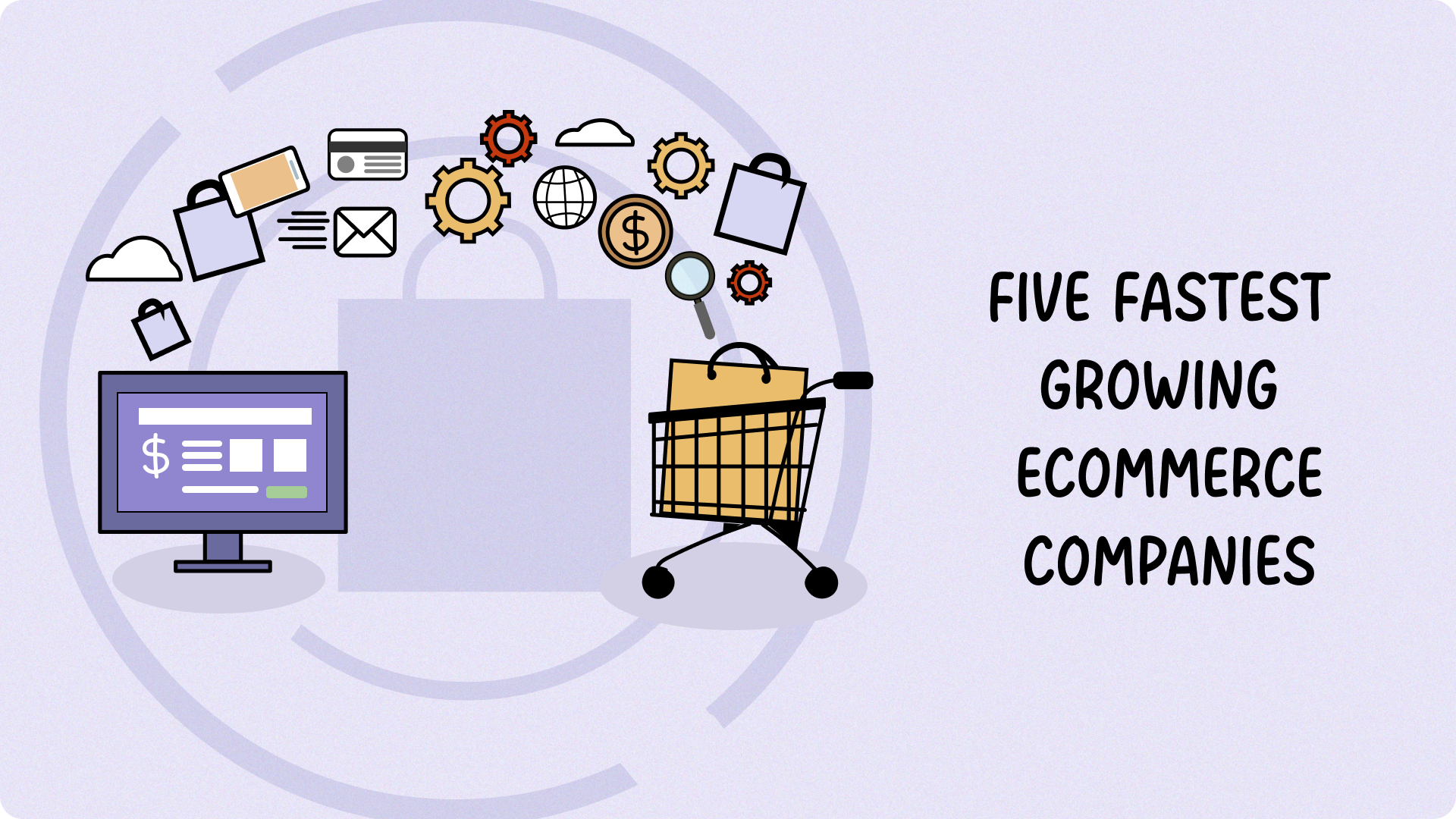Americans now spend more on e-commerce than the GDP of Denmark – and these 5 innovative companies are cashing in. Forget Amazon clones – these disruptors are creating entirely new ways to shop.
- 1. Whatnot – Livestream Shopping Marketplace
- 2. ShopMy – Creator-Affiliate Commerce Platform
- 3. Little Spoon – Direct-to-Consumer Baby and Kids’ Food
- 4. Market Wagon – Online Farmers Market
- 5. The Woobles – DIY Crochet Kits
1. Whatnot – Livestream Shopping Marketplace

Imagine scrolling through TikTok, but instead of just watching, you can instantly buy what you see—that’s Whatnot. This platform brings the thrill of live auctions to your phone, where sellers host real-time video streams to showcase everything from rare Pokémon cards to sneakers, vintage toys, and even luxury handbags.
Unlike traditional marketplaces (eBay, Facebook Marketplace), Whatnot makes shopping entertaining. Sellers hype up their products like game show hosts, buyers chat and bid in real time, and rare items can sell for thousands in minutes. It’s QVC meets social media, and it’s exploding. A rare Pokémon card was sold for $250,000 in a Whatnot auction last year—more than some houses!
Key Takeaway:
- Achieved significant sales milestones rapidly
- Top sellers earn substantial incomes, with some surpassing $1 million annually
- Average user purchases exceed 12 items per month
- Recently valued at approximately $3.7 billion
- 62% of sellers only use Whatnot – they handle payments & marketing
- Live auctions create urgency, enhancing buyer engagement
- Fosters niche communities, enhancing user retention
- Implements seller verification and item authentication to reduce scams
2. ShopMy – Creator-Affiliate Commerce Platform

Ever click an Instagram link to buy a product? There’s a good chance ShopMy powered it. This platform helps influencers monetize their audiences by turning their posts into shoppable storefronts.
Brands like Nike, Lululemon, and Sephora use ShopMy to track which influencers actually drive sales (not just likes). Meanwhile, creators get commission on every purchase—without needing a clunky Shopify store.
Key Takeaway:
- 650% revenue growth in 2024
- Over $50 million in products sold monthly through creator links
- 100,000+ influencers on the platform
- Raised $77.5 million in a Series B funding round
- Valuation increased from $80 million in March 2024 to $410 million in January 2025
- Performance-based model ensures brands pay only for actual sales
- Streamlined checkout process enhances user experience
- Provides creators with detailed sales analytics for informed content strategies
3. Little Spoon – Direct-to-Consumer Baby and Kids’ Food

Parents are tired of processed baby food filled with preservatives. Little Spoon delivers fresh, organic meals for babies and toddlers—shipped cold, ready to eat.
Their “Plates” line (for toddlers) includes meals like turkey meatballs and quinoa bowls, while their baby blends use ingredients like avocado and kale. They even offer vitamins and probiotics—making them a one-stop shop for health-conscious parents.
Key Takeaway:
- Raised $90 million from investors, including celebrities like Jessica Alba
- Served over 300,000 families since 2016
- Experienced 30% month-over-month growth during the pandemic
- Valuation reached approximately $300 million
- Subscription model ensures consistent revenue and convenience for parents
- Meals are pediatrician-approved, catering to children’s nutritional needs
- Eco-friendly packaging aligns with sustainable practices
4. Market Wagon – Online Farmers Market

Farmers markets are amazing—but who has time to go every weekend? Market Wagon brings local farms to your doorstep.
You can order grass-fed beef, organic eggs, artisan cheese, and fresh-picked produce—all from small farmers in your area. They handle delivery, so you get farm-fresh food without the hassle.
Key Takeaway:
- Achieved 1,385% revenue growth over three years, ranking No. 450 on the 2022 Inc. 5000 list
- Collaborates with over 2,500 local farmers and food artisans
- Operates in more than 30 cities, with ongoing expansion
- Ensures that 80% of revenue goes directly to farmers, supporting local agriculture
- Eliminates middlemen, resulting in fresher food and fairer prices
- Shorter supply chains contribute to reduced carbon emissions
5. The Woobles – DIY Crochet Kits

Crochet is having a major moment on TikTok—but most beginners quit because it’s too hard. The Woobles fixes that with foolproof kits that include pre-started yarn, step-by-step videos, and adorable patterns (like penguins, dinosaurs, and even a tiny Starbucks cup).
Their secret is “Easy Peasy Yarn”—a special material that doesn’t unravel, so newbies can’t mess up.
Key Takeaway:
- Achieved $1 million in sales within their first year
- Sold over 250,000 kits to date
- Featured on Shark Tank, securing a $450,000 deal with Mark Cuban and Lori Greiner
- Garnered over 50 million views on TikTok under #TheWoobles
- Kits are designed for quick completion, providing instant gratification
- Many customers find crocheting therapeutic, aiding in anxiety relief
What These Companies Teach Us
These companies prove that niches win. Instead of trying to be the next Amazon, they’re:
- Solving real frustrations (like scammy eBay sellers or processed baby food)
- Leveraging trends (live shopping, influencer commerce, farm-to-table)
- Building communities (collectors, parents, crafters)
As ecommerce continues to evolve, focusing on specific needs and creating engaging experiences will be key to standing out in the crowded online marketplace.
Loved discovering these rising stars? Explore our other deep dives into business innovation:
- Fynlo & VA Bar: Empowering the Team Behind 18,000 Dreams
- How to Build a Personal Brand as a Freelance Makeup Artist
- Freelancing in 2025: Your Guide to Thriving in the Gig Economy
Note: All data and figures are based on available information as of 2024–2025. For the most current statistics and company details, please refer to official company reports and reputable news sources.







